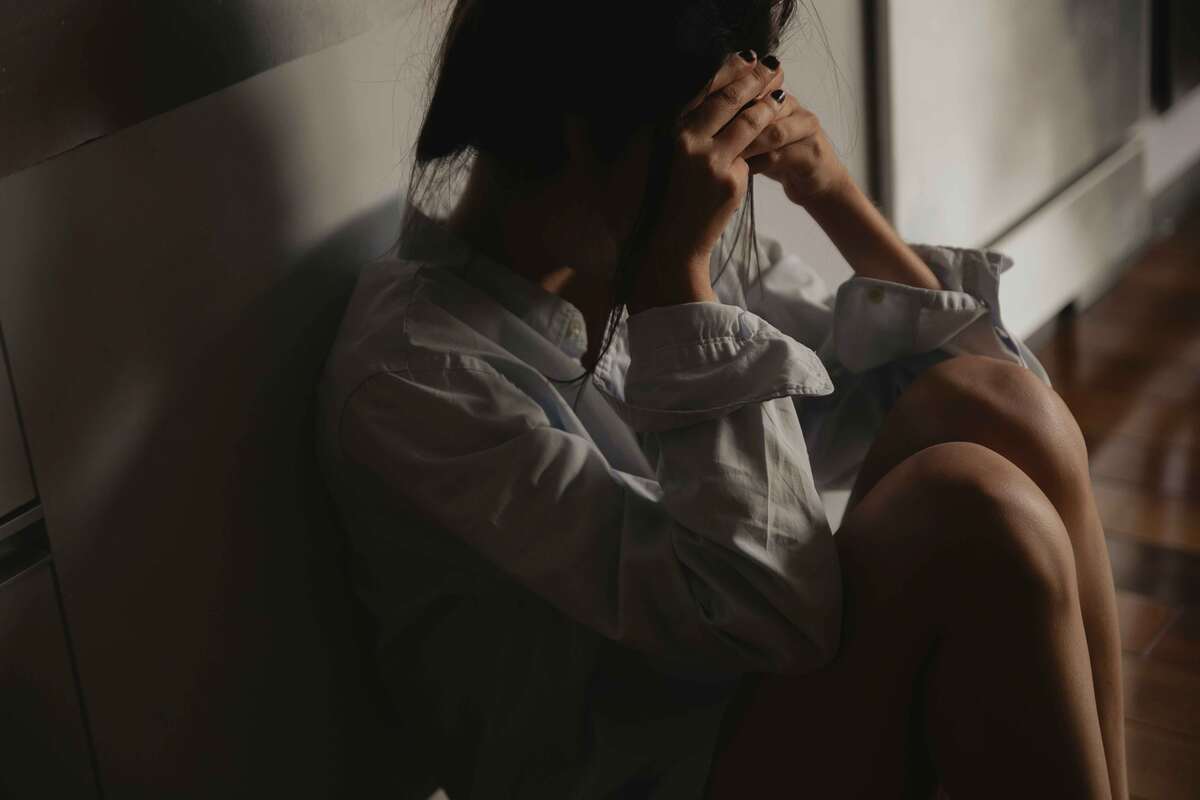Table of Contents
Alcohol and Anxiety Frequently Co-Exist and Fuel Each Other
Alcohol and anxiety disorders are among the most commonly linked co-occurring conditions. Many individuals begin using alcohol to calm anxious thoughts or social discomfort, only to develop a dependence that worsens anxiety over time. Dual diagnosis treatment programs are specifically designed to break this cycle by addressing both issues at once.

How Alcohol Impacts Anxiety Disorders
While alcohol can offer temporary relief from anxiety, it ultimately intensifies symptoms by disrupting brain chemistry and emotional regulation.
- Short-Term: Alcohol slows the nervous system, creating a calming effect.
- Long-Term: Repeated use alters serotonin and GABA levels, leading to heightened anxiety during withdrawal or sobriety.
- Behavioral Effects: People may isolate, avoid responsibilities, or act impulsively, deepening emotional instability.
Without professional intervention, this feedback loop becomes increasingly difficult to manage alone.
Understanding the Link Between Self-Medication and Dependence

Many individuals with anxiety turn to alcohol to self-medicate. This often results in a pattern of:
- Using alcohol to reduce symptoms of panic, worry, or social discomfort
- Increasing consumption as tolerance builds
- Developing physical dependence and emotional reliance
- Experiencing worsening anxiety in alcohol-free moments
This cycle is a hallmark of co-occurring disorders and requires specialized care to untangle.
How Dual Diagnosis Programs Treat Alcohol and Anxiety Together
Dual diagnosis programs use an integrated care model to treat alcohol and anxiety disorders simultaneously. This approach may include:
- Medical detox to safely manage alcohol withdrawal and stabilize symptoms
- Therapy such as CBT or DBT to address thought patterns and behavioral triggers
- Medication management for anxiety and mood stabilization
- Mindfulness practices like breathwork, meditation, and grounding techniques
- Relapse prevention strategies that identify emotional and environmental triggers
Why Treating One Condition Isn’t Enough
Treating only alcohol addiction or only anxiety often leads to relapse. For example:
- Sobriety without anxiety support may lead to emotional overwhelm
- Treating anxiety while still drinking interferes with medication and therapy progress
- Ignoring the connection leads to incomplete healing
Comprehensive dual diagnosis care ensures both root causes and symptoms are addressed.
What to Expect in a Dual Diagnosis Program
Clients entering treatment for alcohol and anxiety disorders can expect:
- A thorough intake evaluation to identify both conditions
- A personalized treatment plan developed by clinical and psychiatric staff
- Daily therapy sessions and weekly psychiatric check-ins
- Education on the physiological and psychological effects of alcohol and anxiety
- Aftercare planning with long-term mental health support
These programs are designed to build emotional resilience and long-term recovery skills.

Answering Common Questions
Can Alcohol Cause Anxiety Disorders?
Yes — excessive alcohol use can trigger or worsen anxiety, especially during withdrawal.
Will My Anxiety Improve After I Stop Drinking?
Often, yes. But support through therapy and medication may still be necessary to stabilize symptoms long-term.
Do I Have to Stay in a Facility?
Many dual diagnosis programs offer residential and outpatient options depending on your needs and severity.











